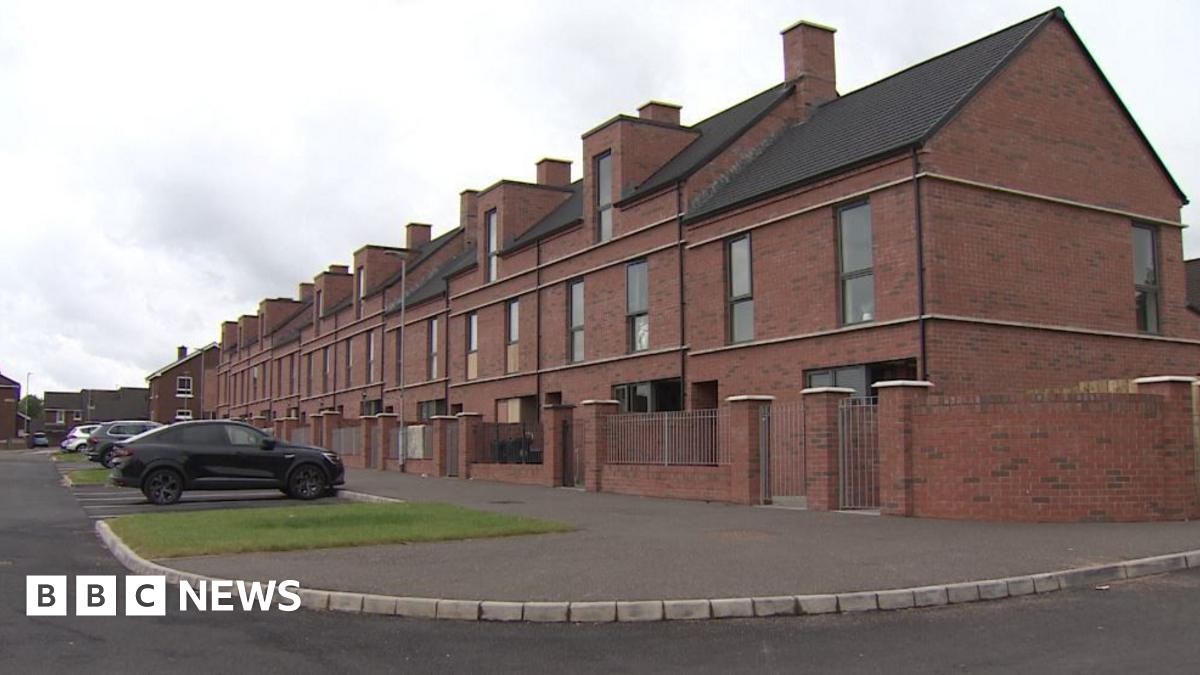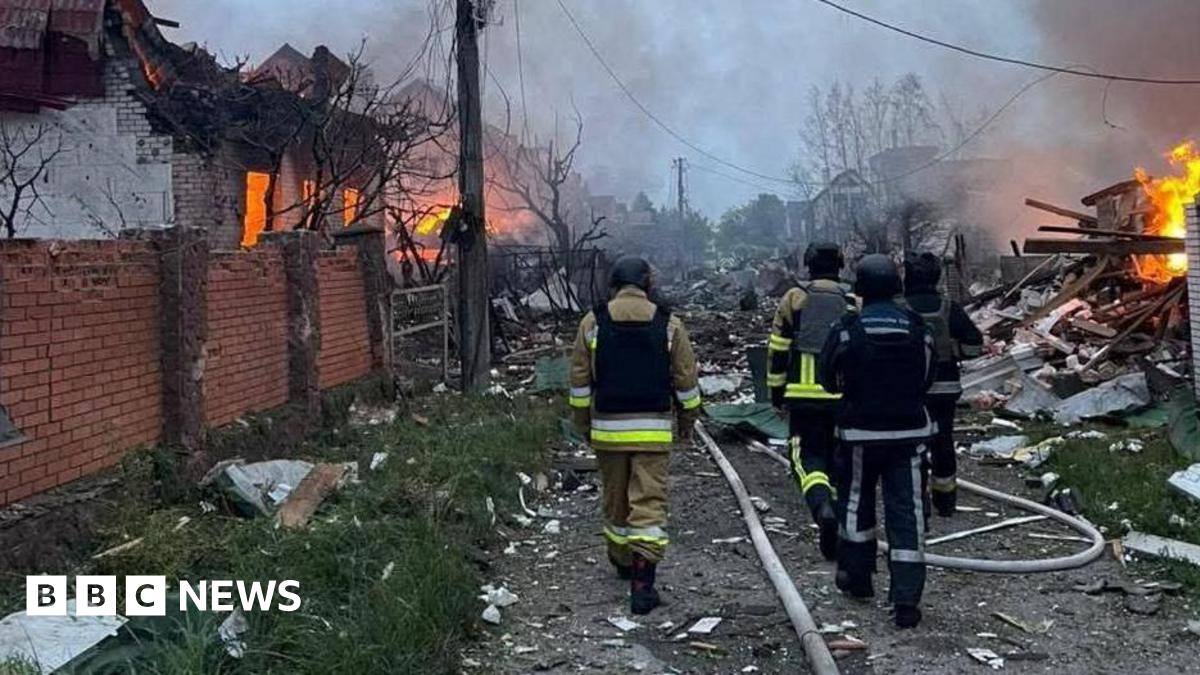Pentagon Access Tightened: New Restrictions on Reporters Announced by Defense Secretary

Washington D.C. - In a move drawing criticism from press advocates, U.S. Defense Secretary Pete Hegseth has implemented new access restrictions for journalists within the Pentagon. The orders, issued Friday, mandate that reporters require official escorts to navigate significant portions of the building, marking the latest in a series of limitations imposed on the press during the Trump administration's tenure.
The new rules significantly alter the established routines for reporters covering the Department of Defense. Previously, journalists enjoyed a degree of independent movement within the Pentagon, allowing them to more readily access offices and conduct interviews. This change effectively limits their ability to move freely and informally gather information, raising concerns about potential barriers to transparency and accountability.
Defense Secretary Hegseth's office has stated the changes are intended to enhance security protocols and streamline operations within the Pentagon. A spokesperson explained that the escorted access policy aims to improve visitor management and ensure the safety of personnel and classified information. However, critics argue that the measures are disproportionate and represent an unwarranted intrusion on the press's ability to fulfill its role as a watchdog of government actions.
This development follows a pattern of restrictions on press access that began during the Trump administration. Throughout that period, the administration frequently clashed with the media, accusing outlets of bias and disseminating “fake news.” These tensions manifested in various forms, including limitations on press briefings, restricted access to government officials, and, now, physical access limitations within key government facilities like the Pentagon. The current policy reinforces the perception that the Department of Defense is attempting to control the flow of information to the public.
Several organizations representing journalists have already voiced their concerns. The Committee to Protect Journalists (CPJ) released a statement condemning the new policy, arguing that it creates unnecessary obstacles for reporters and undermines the public’s right to know. They emphasized the importance of a free and independent press in holding government officials accountable and ensuring transparency in defense matters. The Reporters Committee for Freedom of the Press has also indicated it is monitoring the situation closely.
The implementation of these rules raises broader questions about the relationship between the government and the media, particularly in an era of heightened political polarization. While security concerns are valid, critics contend that the restrictions should be narrowly tailored and not unduly impede the press's ability to report on matters of public interest. The long-term impact of these changes on the quality and accessibility of information related to national security remains to be seen.
The Pentagon's decision has sparked a renewed debate about the balance between security and freedom of the press, a debate that is likely to continue as the new policy is implemented and its effects become more apparent. It's a crucial moment for the defense reporting community and a test of the commitment to open government.






